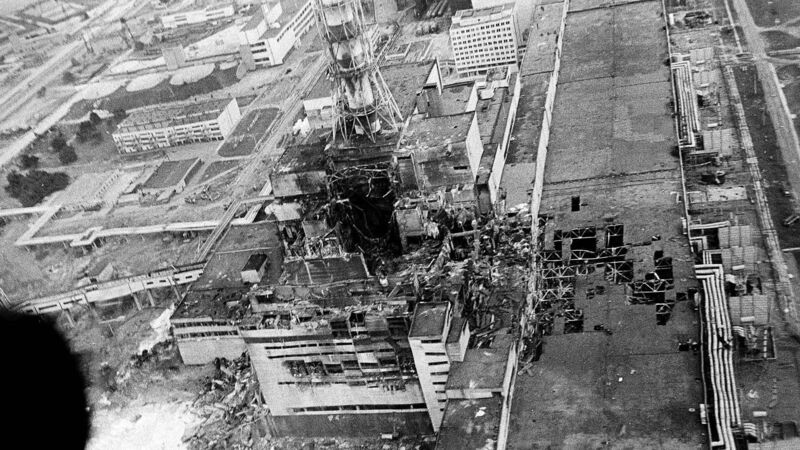Letters to the Editor: Nature has no defence from ecocide

An aerial view of the Chernobyl nucler power plant, the site of the world's worst nuclear accident, a few days after the April 26, 1986, explosion in Chernobyl, Ukraine. File picture: AP
As the war in Ukraine rages on, and public consciousness diverts to other tragedies, there might be an impression that Chernobyl is something that happened a very long time ago and no longer poses a threat to the world, but the reality is very, very different.
We neglect Ukraine at our peril given the gargantuan risk for both humanity and the environment, particularly since the invasion via the Chernobyl exclusion zone in 2022.








